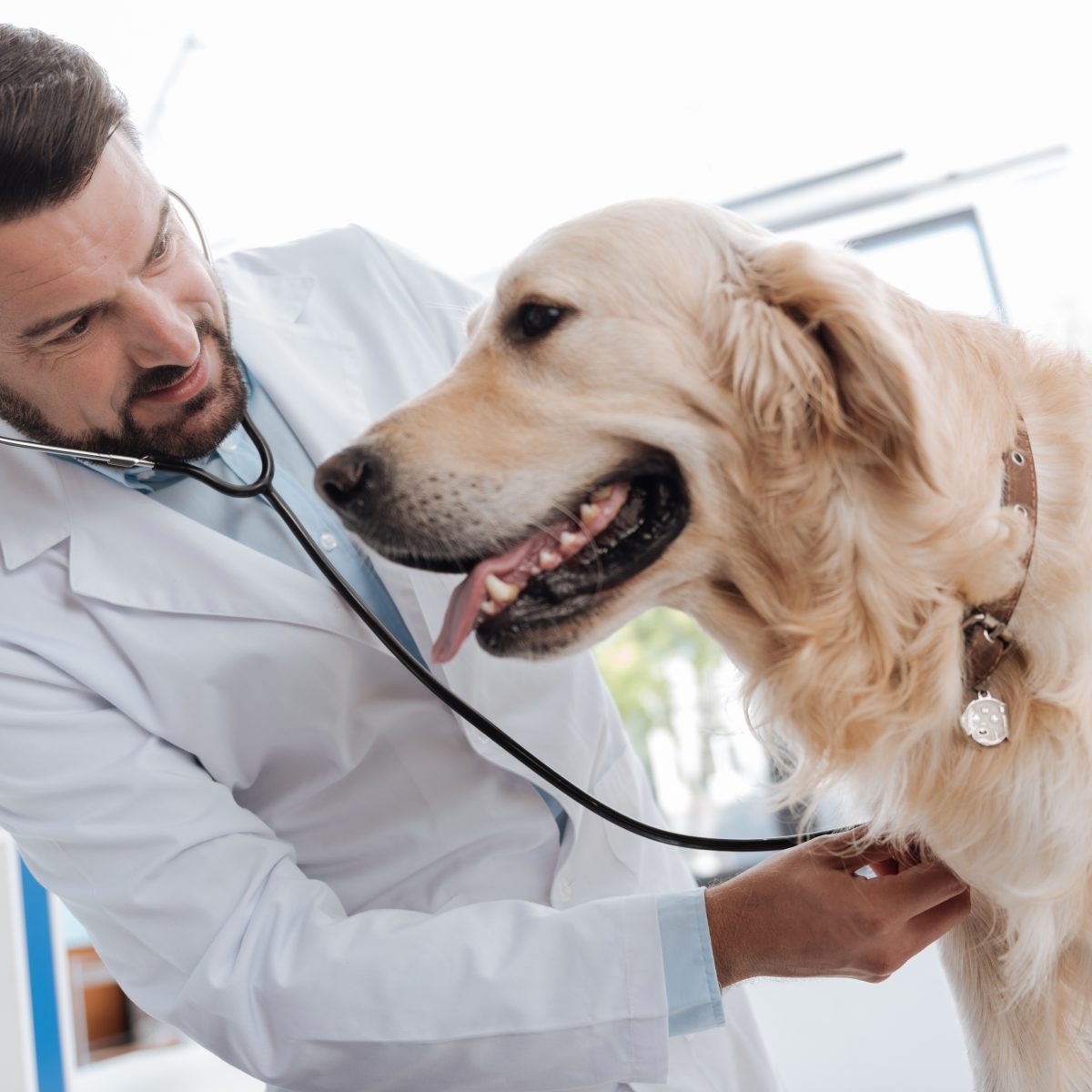Pets are lovely creatures. Unfortunately, some pet owners find themselves too busy to take these animals for a checkup. Just like humans, pets, too, need regular health checkups to keep them fit and healthy. Since prevention is always better than cure, taking your pet to the vet for a check-up is highly advised. So, if you are concerned about the health of your beloved pet, read on to learn key checkups that should be done on your pet every year.
Coat and Skin Checks
Checking your pet’s skin or coat is something that you should always do. The condition of your pet’s coat or skin helps determine a lot about the health of your pet. Unless you are a pet expert, there are a lot of things that lie behind the naked eye. A good examination of the skin and coat could reveal a lot of underlying health problems, including pest infestation, growing cancerous cells, infections, etc.
Heart and Lung Tests
The other important checkup that needs to be done on your pet is a heart and lung checkup. This test helps determine the health of your pet’s heart, along with the effectiveness of their lungs. If a problem is detected during this check-up, you can seek immediate treatment for your pet’s health issues. During such checkups, your veterinarian will search for signs of fluid accumulation in the chest area and listen to any abnormal sounds that may be coming from your pet’s airways.
Teeth and Gums Checkups
The teeth and gums of your pet should also be examined as part of a complete annual check-up. This check-up helps your vet to examine the condition of your pet’s teeth and gum and advise the best way of maintaining them. If you own a cat, your vet may even request that you brush your pet’s teeth! The veterinarian will also check for any signs of parasites that might have taken up residence in your pet’s mouth.
Weight and Diet Plans
Annual check-ups for your pet’s weight and diet plans are important for ensuring that they have proper nutrition for their bodies and better health. If your pet is too obese, the veterinarian may advise you to reduce their food intake as well as portion control. If any part of your pet’s body is suffering from weight-related issues, such problems can be solved by modifying the diet and exercise plan.
Fleas and Ticks
If you have a pet in your house with fur, there is a pretty high likelihood that you will have to experience the burden of fleas at some point during your pet ownership. These parasitic insects feed on the flood of cats, dogs, and other mammals. They are tiny and hard to kill, and they can jump like something from a science fiction movie. It is always a good idea to keep an eye out for them and prevent them as much as possible, even making it a habit to check up on your pet’s fur to see if there are any in there. As common as fleas may be, there are also a lot of untrue myths out there about these pests. These include the following:
- Your pet won’t get fleas if you bathe them regularly: Bathing alone is not enough to kill fleas on your pet. The tiny insects are highly resilient to water and really hard to get out of your dog’s fur. Therefore, it really doesn’t matter how often you bathe your pet; they can still get fleas and probably will. You could always look into medication to help stop the flea infestation on your poor pet.
- A few fleas on your pet should not be a big concern: If you only spot a flea on occasion on your cat or dog, you may assume there really is not a problem with fleas in your house. However, most fleas actually breed and lay larvae somewhere other than on your pet. Therefore, if your pet has a few fleas now, you can almost guarantee the problem is going to get worse in a short time frame.
- If you get rid of your pet, you get rid of fleas: Most people will not be willing to part with their pet simply because their pet has fleas. However, this is a conclusion that some pet owners come to if they have problems combating fleas in the house. Even if you do get rid of your pet, the fleas will still be hanging around, so you will still have to have your home properly treated by a local exterminating company to get rid of the problem.
- Flea problems disappear in the winter: You may see fewer fleas on your pet or in your home through the colder months of the year because flea populations are not as abundant or active in cold temperatures. However, just because it is winter will not mean your flea problem will just disappear on its own.
Overall, it is always best if you take the time to learn the truth about any pest before you determine how to tackle the situation. Reach out to a residential pest control service provider in your area to find out more about tackling a flea problem in your home.
Final Thoughts
By taking your pet for regular check-ups, you can ensure that you have a healthy and happy pet. If any offer of treatment is identified during the annual check-ups, you will be able to take proper action and cure your pet’s sickness completely. Note that some of the checkups may be more frequent depending on your pet’s health and age.





